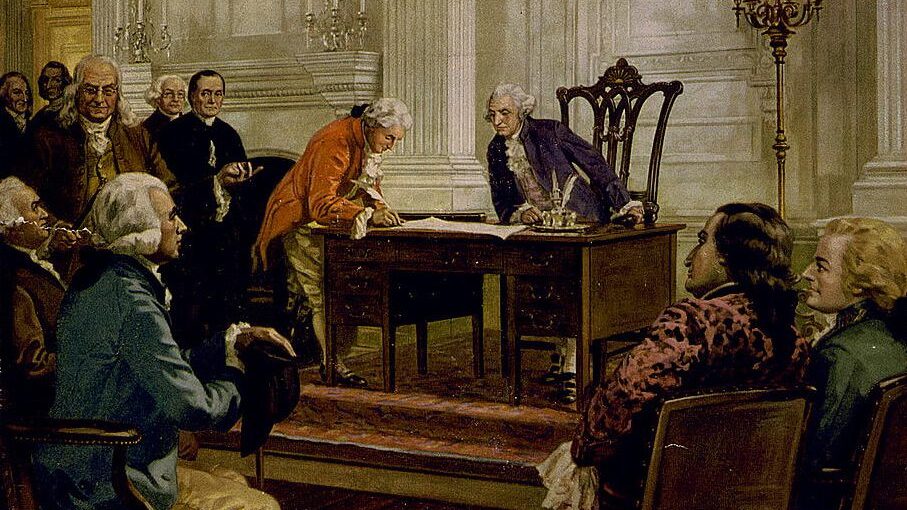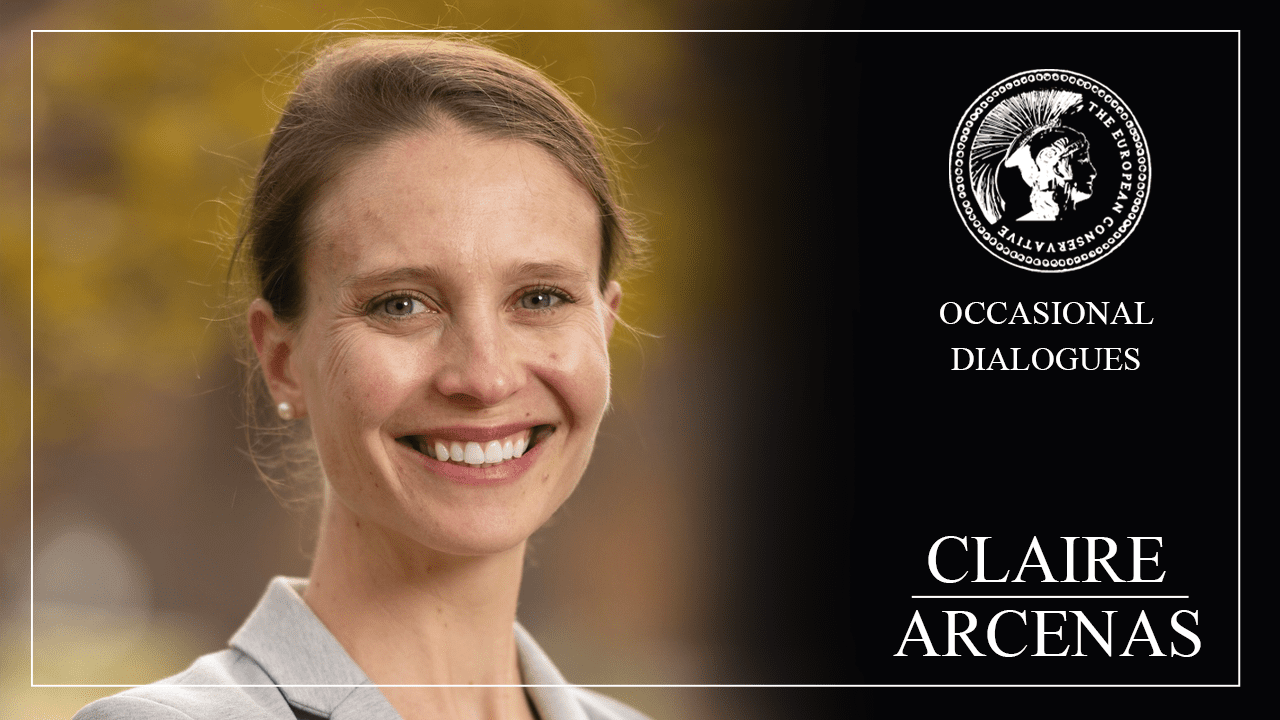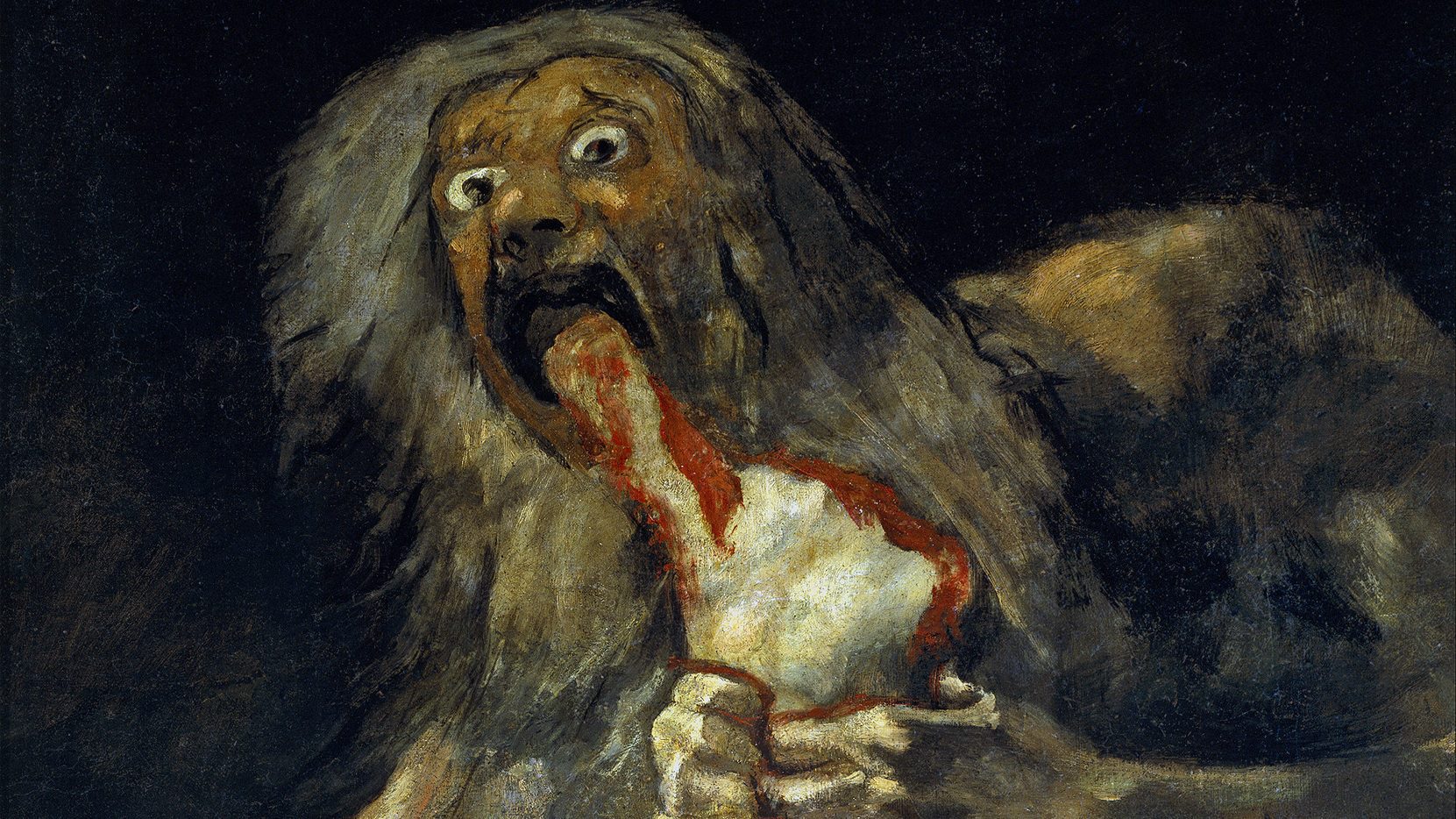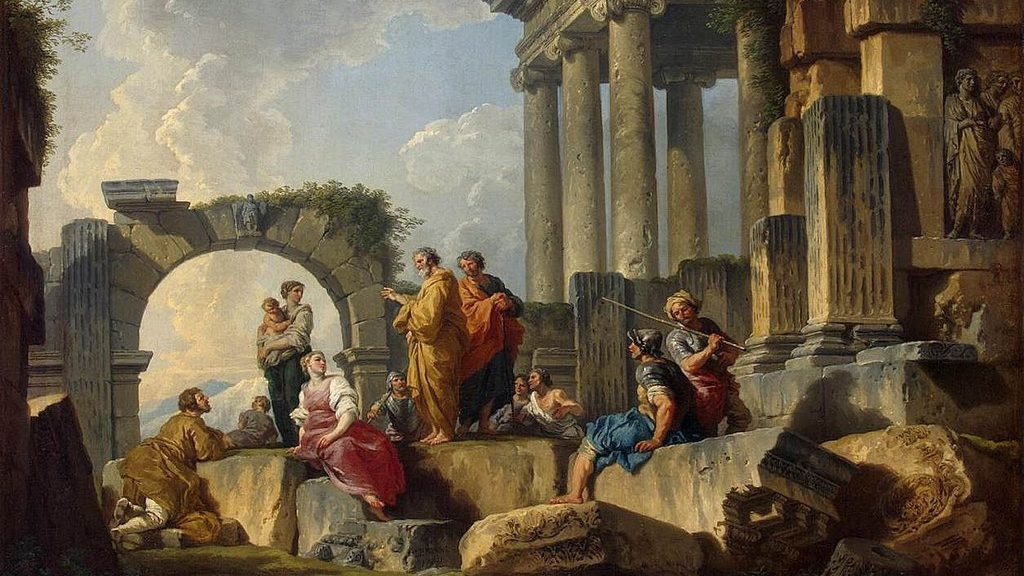
Digging for Spanish Gold
Robbins’ study of the Golden Age might be called a work of skepticism in that it “refuses to create a unitary narrative, a single interpretive vision” of the period, but instead dissects it piecemeal under a microscope.

Robbins’ study of the Golden Age might be called a work of skepticism in that it “refuses to create a unitary narrative, a single interpretive vision” of the period, but instead dissects it piecemeal under a microscope.

Ukraine’s struggle against Russian aggression serves an illusion for a certain kind of American and pro-Atlanticist conservative in Europe: that Ukraine’s patriots can fill the West’s spiritual and cultural void.

In a country that’s been binge-drinking at the font of liberty for a half-century, the American New Right is betting that the hangover is setting in.

By asserting that the common good does exist and can be defined and applied, Vermeule contests the cultural Left and libertarian Right’s chimera of a values-neutral jurisprudence.

In this episode of our ‘Occasional Dialogues’ series, Kurt Hofer interviews historian Claire Rydell Arcenas, the author of America’s Philosopher: John Locke in American Intellectual Life. They discuss the impetus behind writing the book, Locke’s place in contemporary political life, and the ‘New Right’ critiques of Locke.

A constant undercurrent of the conference was the oscillation between equally eloquent articulations of despair at the present and an intrinsically Christian hope for the future.

The victory this week of Italy’s Giorgia Meloni fits into this story as well. Her words—and perhaps, in the future, by the grace of God, her party’s actions—are nothing less than a full-throated disavowal of the West’s Chronos Complex.

Can the lived conservatism of the Postliberals find common ground—and common political cause—with the universalist notions of natural right, justice and equality espoused by the Claremont School? On this question, I believe, hinges the fate of a new conservative fusionism updated to meet the challenges of our time.

Undeterred by his trials and compelled by curiosity, the Apostle Paul wears no mask; he mutes and stifles no truth that might advance the Gospel—no matter the cost.

If a new framework for freedom is to emerge in the West, it must be recognizable. The stories of anchored freedom must be told, and they must be disseminated with the same adamance in mass culture, whenever and wherever possible, as the Boomer myth of freedom.